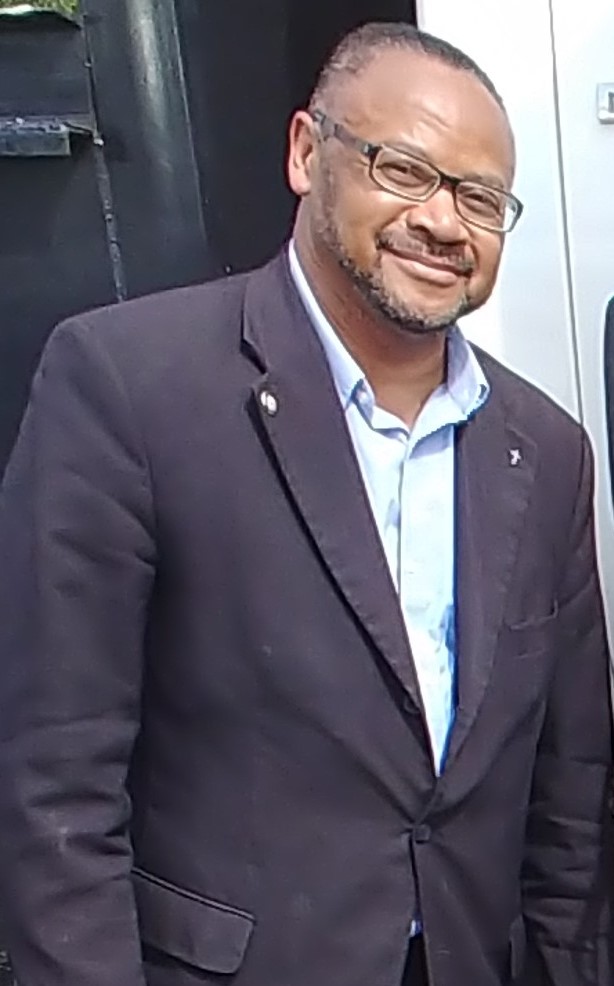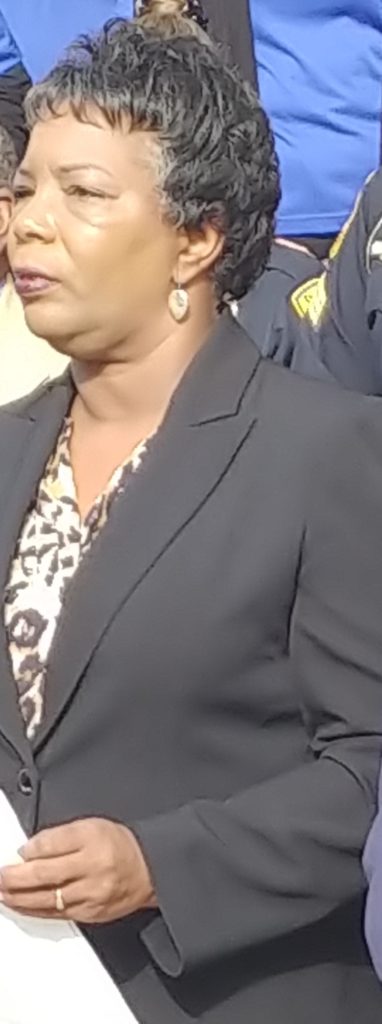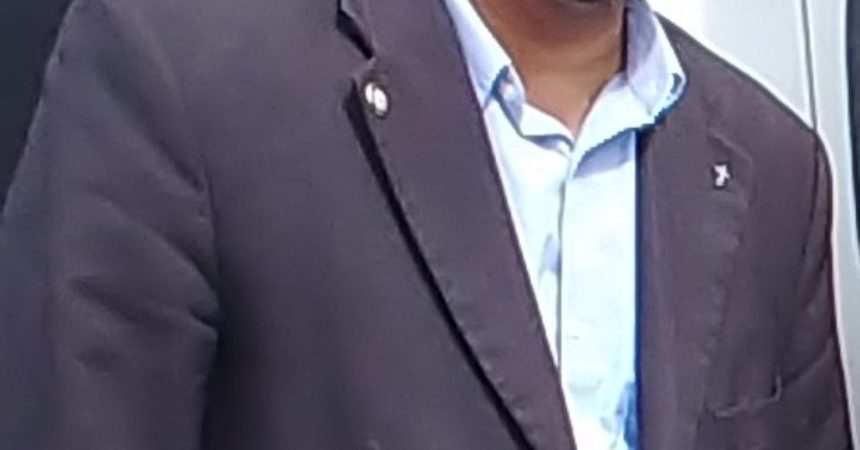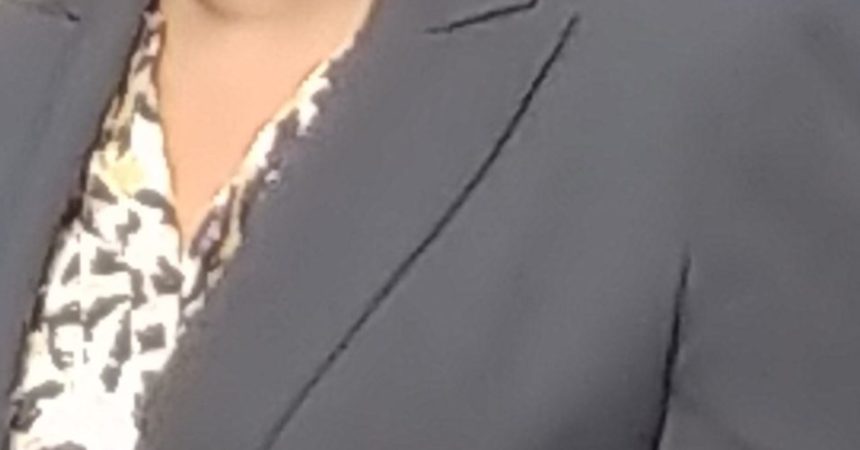City salvages youth summer jobs program on line
By St. Clair Murraine
Outlook staff writer
By the middle of spring, COVID-19 was already taking a toll on the economy. Employers were laying off workers and summer jobs didn’t seem to be in the offering for teenagers.
Deputy city manager Cynthia Barber refused to see it that way, though. Having a summer job meant too much to a lot of young people, especially those whose families needed a little financial help.
The skills that the young people would take away from working during the summer were also too valuable, Barber thought. She rallied several departments in city government to begin thinking of ways to get young people working virtually.
The annual summer jobs program that the city had for decades was saved in the midst of a pandemic. This time it operated on the same principles of the Future Leaders Academy.

Kimball Thomas, the driving force behind Tallahassee Engaged in Meaningful Productivity for Opportunity (TEMPO), also supervised the TFLA program.
Photo by St. Clair Murraine
Deputy city manager Cynthia Barber refused to let COVID-19 force cancellation of the annual summer jobs program for teenagers.
Photo by St. Clair Murraine
“We just had to feel in our souls that it was valuable work,” Barber said, adding that it was “a valuable opportunity to give them something they could use.
“I’d never accepted that we couldn’t do something for the youths in our community. My thought was it’s needed even more during the pandemic.”
Through the eight-week program that ended July 31, 106 teenagers learned about job readiness, employment, policy, financial literacy, community impact and leadership. They also did mock interviews virtually with personnel from FAMU and TCC.
Kimball Thomas was put in-charge of the program, replacing Willie Williams who left for a career change. He brought plenty of experience from being the driving force behind Tallahassee Engaged in Meaningful Productivity for Opportunity, a second-chance program known as TEMPO.
In addition to going virtual for the first time, the Future Leaders Academy was completed without the usual involvement of businesses from the private sector. However, it was such a success that when Mayor John Dailey presented the concept to the Conference of Mayors, other states expressed interest in making it a model for future programs.
Having the teenagers work online went off without any major hitch, said Thomas. He attributed that to the fact that the students had completed the last few months of the school year online.
Taking the summer jobs program online became an option when administrators realized that COVID-19 made it difficult to call on businesses that would normally hire the students.
“We had (businesses) that were laying people off,” said Thomas. “It just wouldn’t have been fair asking them to support the youths when they can’t even support their own employees.”
Throughout the eight weeks, the Department of Economic Opportunity monitored the participants’ progress through the states’ Ready to Work program. DEO presented each of the participants with a certificate.
For the first two weeks, participants went through orientation online. For each of the weeks that followed, they completed an assessment of what they’d learned.
“I’m just excited because I had the opportunity to learn new things and be a leader,” said Colby Rouis, a rising sophomore at Rickards High School. “I’m the type of person that likes to work, but after this I can look for a job (online) that I could do.”
Understanding teamwork and knowing how to complete an interview were two of his biggest takeaways, Rouis said.
Participants were ages 15 to 19 and most of them came from communities that are considered in the Promise Zone, areas that are struggling with poverty, crime and high school dropout rates. What they experienced during the summer jobs program could be life-changing, Thomas said.
“Those things will be harvest for them,” he said. “Those are prerequisites for them to take well beyond the classroom.”









